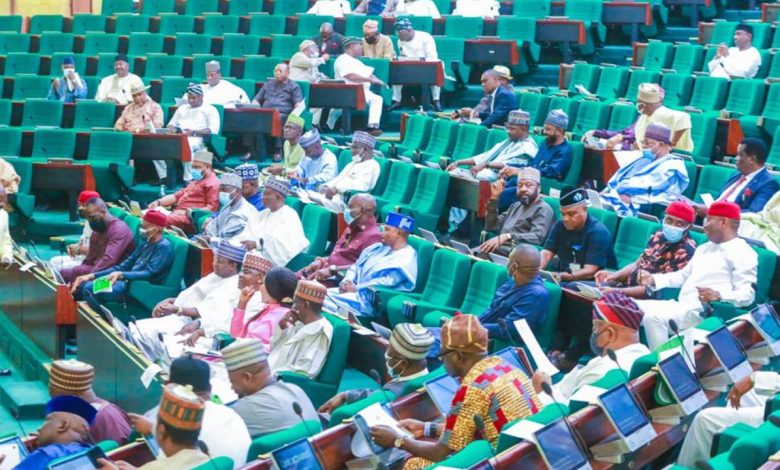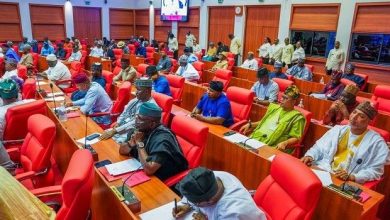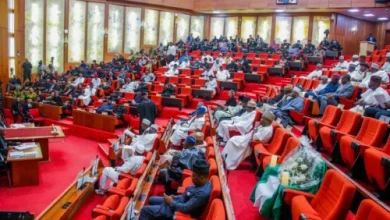House of Reps to probe oil companies over alleged failure to fund host community trusts

The Nigerian House of Representatives has resolved to investigate reports that some oil companies operating in the country have failed to contribute to the Host Communities Development Trust Fund (HCDTF) as required by law.
This decision was reached following motions raised during Wednesday’s plenary session in Abuja.
The issue was brought to the floor by Rep. Hart Godwin, who highlighted that under the Petroleum Industry Act (PIA) 2021, oil companies operating in host communities are legally obligated to establish trust funds for local development.
According to the law, these funds must be incorporated within a set timeframe, and companies are required to contribute a portion of their annual operating expenditures to support community growth and welfare.
Godwin noted that several companies have allegedly ignored these obligations, either delaying the establishment of the trust funds or failing to make the mandatory contributions.
He warned that such non-compliance undermines the development of host communities, leaving residents without the benefits intended under the law.
The PIA stipulates that companies must contribute 5 percent of their preceding year’s operating expenses to the HCDTF.
Violations of the act could attract penalties, and persistent breaches may even lead to the revocation of licenses.
In response to these concerns, the House has directed the Committee on Host Communities to conduct a thorough investigation and submit a report within four weeks for further legislative action.
In a separate but related motion, Rep. Nnamdi Ezechi (PDP-Delta) called for scrutiny of NNPC LNG Limited, a subsidiary of the Nigerian National Petroleum Company (NNPC), over alleged irregularities in financial reporting and remittance of proceeds from the sale of Liquefied Natural Gas (LNG).
NNPC LNG Limited, incorporated in 2012 in the Cayman Islands, is responsible for managing LNG sales on behalf of NNPC and its joint venture partners, including Shell, TotalEnergies, and Eni.
Ezechi raised concerns that financial operations conducted overseas have not been properly disclosed to NNPC or NLNG, potentially resulting in the federal government not receiving dividends, taxes, and other statutory payments.
“There are indications that certain deductions from LNG proceeds, including equity LNG sales, are being made without formal notification or approval from the Federal Government,” Ezechi said, emphasizing the risk of lost national revenue.
In light of these concerns, the House mandated the Committee on Gas Resources to investigate NNPC LNG Limited’s operations and report back within four weeks to guide further legislative intervention.
The investigation reflects growing attention by lawmakers on the accountability of oil companies operating in Nigeria.
Host communities, often located in oil-rich regions, rely on these trust funds to drive infrastructure development, education, healthcare, and local employment opportunities.
Delays or failures in remittance threaten community growth and fuel tensions between residents and operators.
By probing both general compliance with the HCDTF and the specific case of NNPC LNG Limited, the House aims to ensure that oil wealth translates into tangible benefits for communities that host petroleum operations, while also safeguarding government revenues.



